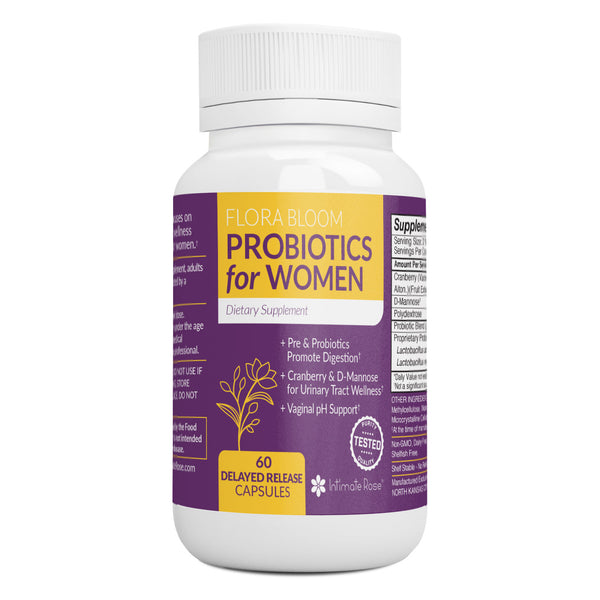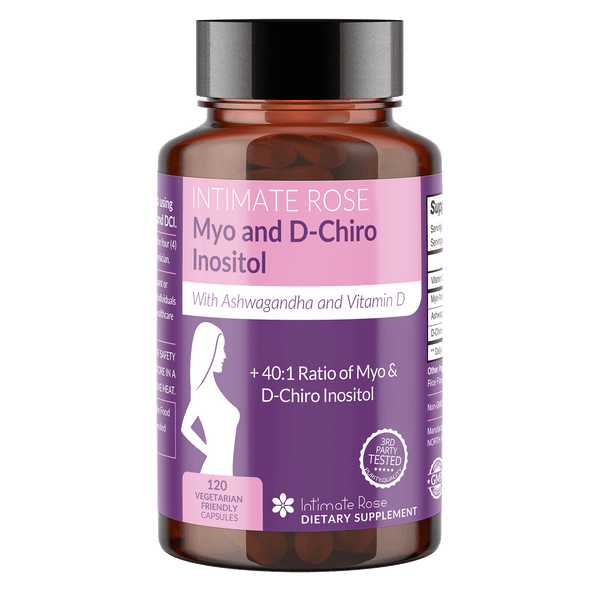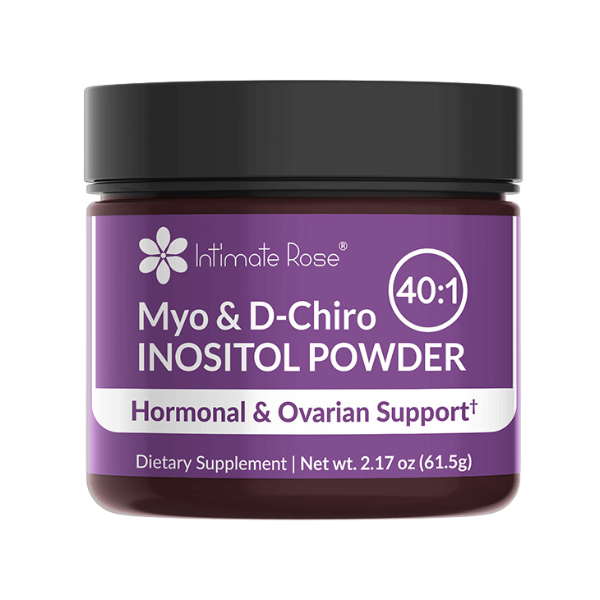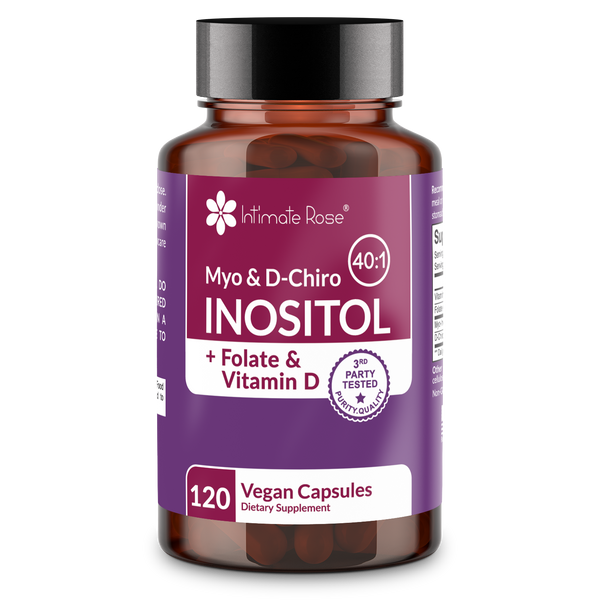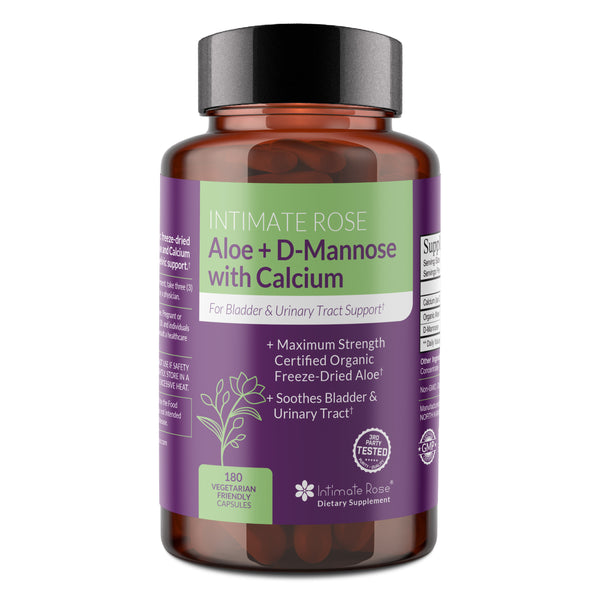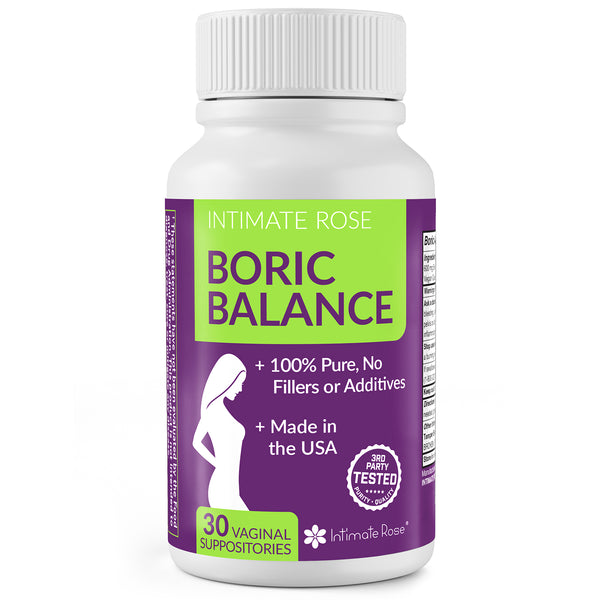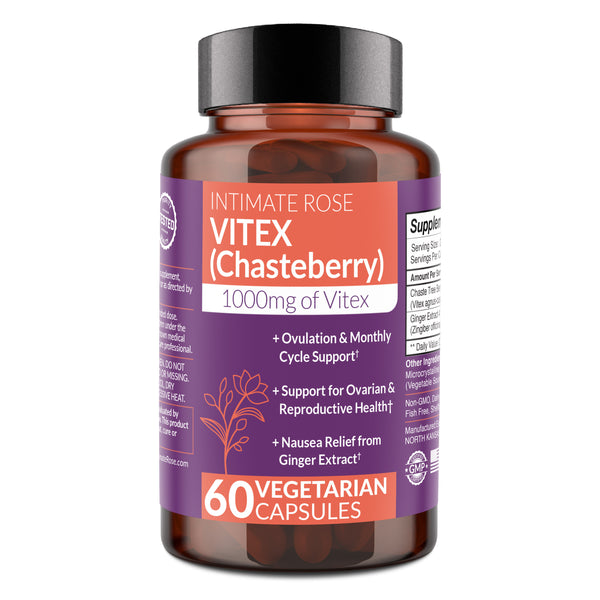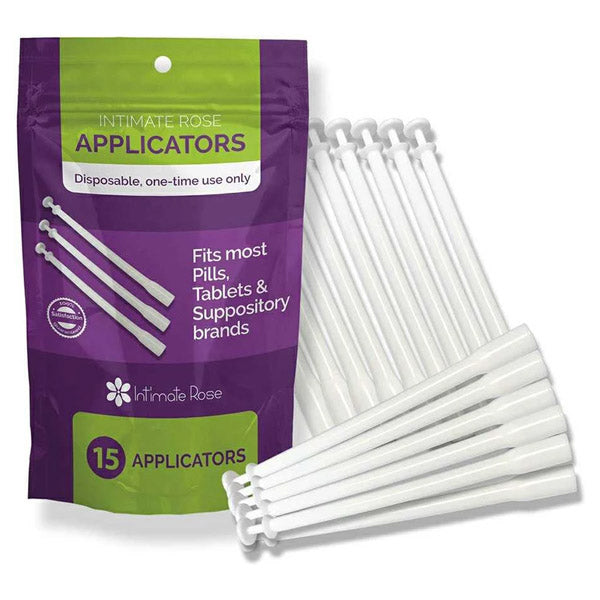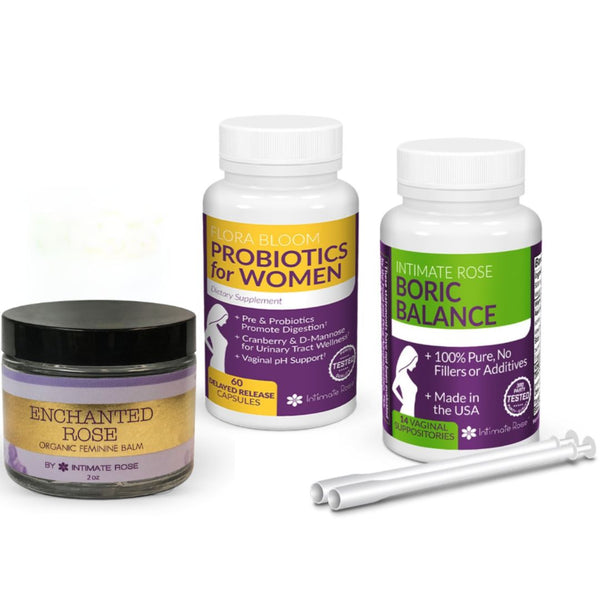What is PCOS (Polycystic Ovary Syndrome)?
PCOS stands for polycystic ovary syndrome (sometimes called polycystic ovary disease). Ovaries are an important center for secreting hormones like estrogen and progesterone.
These hormones are involved in menstruation, fertility, and breast development, but are also related to bone strength, cardiovascular health, and weight gain or loss. Polycystic ovarian syndrome means there are multiple cysts on the ovaries, which impacts how these hormones are released in the body.
The ovaries also produce androgens, a group of male sex hormones including testosterone. One feature of PCOS is called hyperandrogenism, meaning that the ovaries produce more androgens than normal.
(In the past, PCOS was known as Stein-Leventhal syndrome after the two doctors who first discovered it.)
Things Off Down There?
How Common is PCOS?
Between 6 and 12 percent of US women have PCOS. Symptoms can start soon after your first period, but it can also develop in your 20s or 30s. PCOS, not to be confused with PCOD, is a lifelong condition; while it can be managed with medication and lifestyle changes, there is no known cure.
Causes of PCOS
No one really knows the exact cause of PCOS, though there are some theories. The high co-occurence of PCOS in overweight women has lead some to speculate that weight or insulin resistance cause PCOS, but there are many women of normal weight with PCOS.
It also tends to be a generational disease, shared between mothers and sisters. Others think that the relationship between female hormones and androgens released by the ovaries may be the key factor, signalized by a different pattern of the gonadotropin releasing hormone (GnRH).
Most Common PCOS Symptoms
Despite its name, your doctor does not have to see cysts on your ovaries to diagnose you with PCOS. You can be diagnosed with PCOS if you have any two out of the following three symptoms:
- Lack of menstruation. Some people with PCOS have fewer than nine menstrual periods per year; more rarely, some women experience amenorrhea--no menstrual periods for three or more months.
- Excess androgens. Some doctors may perform a blood test to determine your androgen levels; others will look for visible signs of hyperandrogenism, including excess facial hair and hormonal acne (often on the chin).
- Cysts on the ovaries, often found via an ultrasound. These cysts can also appear in an ultrasound as ovarian enlargement.

Common Effects of PCOS
Irregular periods (or lack of periods), hirsutism (facial hair in women), and hormonal acne are all PCOS symptoms that directly indicate the presence of the condition. However, there are other effects common in people with PCOS, including:
- Problems with fertility
- Insulin resistance, which is related to diabetes and obesity
- Depression and other mental health disorders
There are also some disorders that have a high comorbidity with PCOS, meaning that patients with PCOS are somewhat likely to have these disorders as well. These include:
-
Thyroid disregulation. Your thyroid, another hormone gland, may be under-active (hypothyroidism) or over-active (hyperthyroidism). Hypothyroidism is commonly linked to the autoimmune disorder Hashimoto's disease.
-
Cancer. During menstruation, the body sheds the lining of the uterus (the endometrium). However, if you are not having periods, this endometrium can thicken--which can lead to a higher chance of endometrial cancer.
But don't panic; endometrial cancer is usually diagnosed early and cured through surgery, so the prognosis is very good.
- Gender dysphoria. Hyperandrogenism can lead some women with PCOS to feel disconnected to their birth gender. Traits like hormonal acne, hirsutism (which can feel as though your body is trying to grow a beard), and inability to produce children can make women feel less comfortable identifying with femininity.
Get relief from these symptoms and more with Inositol by Intimate Rose.
Diet Tips for PCOS
Some patients are able to relieve their PCOS symptoms by losing weight. However, PCOS and metabolic syndrome often go hand in hand, meaning it is more difficult for people with PCOS to lose weight.
However, the insulin resistance that frequently accompanies PCOS may provide a clue. The hormone insulin controls how the body metabolizes sugar; if your body can't metabolize the sugar (glucose) in your food, it will produce too much insulin, which can lead to diabetes and heart disease.
As a result, limiting white carbohydrates (like white pasta, bread, rice, and russet potatoes) and refined sugar in your diet may prevent your body from producing too much insulin, and therefore might help you lose weight.
This doesn't mean you should avoid all carbs! Carbs play an important role in digestive function. Fear of certain food groups can lead to an unhealthy relationship with food and even contribute to the development of eating disorders.
Try eating more whole grains, veggies, and fruits to get your carbs, rather than white carbs and added sugars. Talk to your doctor if you have more questions on carbohydrates and your PCOS diet.

How Intimate Rose Inositol Helps:
Intimate Rose’s proprietary blend includes the perfect 40:1 ratio of Myo and D Chiro inositol, as well as added ashwagandha and Vitamin D.
Myo and D-Chiro inositol work together as a natural remedy for PCOS to influence the action of insulin, as well as regulate hormonal balances in the brain, such as serotonin and dopamine. This can lead to any number of benefits, such as regulated testosterone, stress and mood management, clearing of acne, aiding in weight loss, ovarian support, promotion of fertility, and has even been known to help prevent the development of diabetes during pregnancy.
If you have PCOS, you probably recognize many of the symptoms that inositol can help with. It truly is a wonder supplement for women with PCOS and has virtually no side effects!
Other brands feature the 40:1 blend of Myo and D-Chiro inositol types, but Intimate Rose has taken it two steps forward with the inclusion of ashwagandha and Vitamin D.
Read: 7 Things to Know About Taking Inositol for PCOS
The added ashwagandha and vitamin D work together to better manage stress and mood, an issue that most women with PCOS suffer from. Their formula is the best on the market at combating this and is the key difference between Intimate Rose and everyone else. It is the most innovative and powerful inositol supplement currently available.
How does the Inositol supplement work?
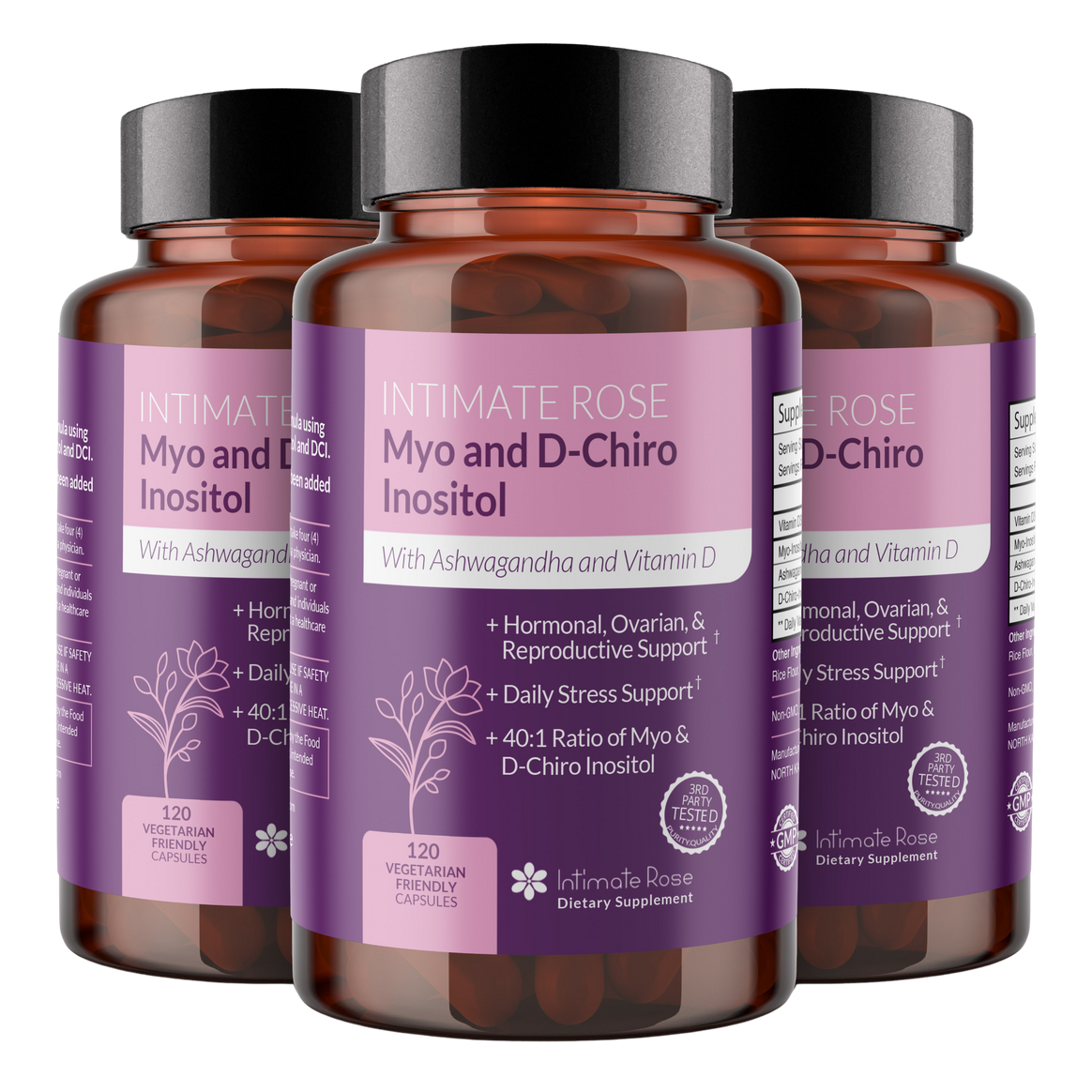



Things Off Down There?






